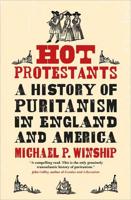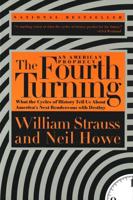Publisher's Synopsis
This is an unusual and challenging study of the 'inner world' of the Virginia gentry during Jefferson's lifetime. It argues that, in the years after the Revolution, the gentry turned away from public life into the privacy of their homes and families. A new, sentimental religion agreed that the world was filled with woe and advised detachment from it in preparation for a better one to come. Notions of success, likewise, offered little cheer, as men and women reluctantly accepted the individualistic proposition that their destinies were in their own hands. Neither religion nor success assured earthly happiness; instead, Virginians sought their salvation in love. There, in the family and in feeling, men and women broke through the eighteenth-century's emotional restraint to pursue, but not always to find, the happiness they believed awaited them.








